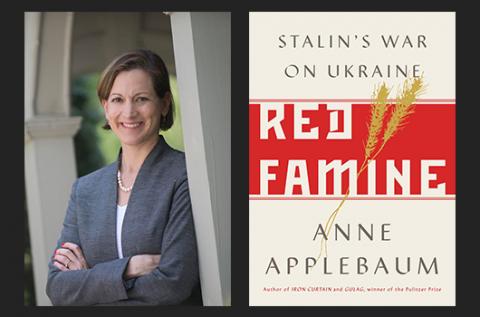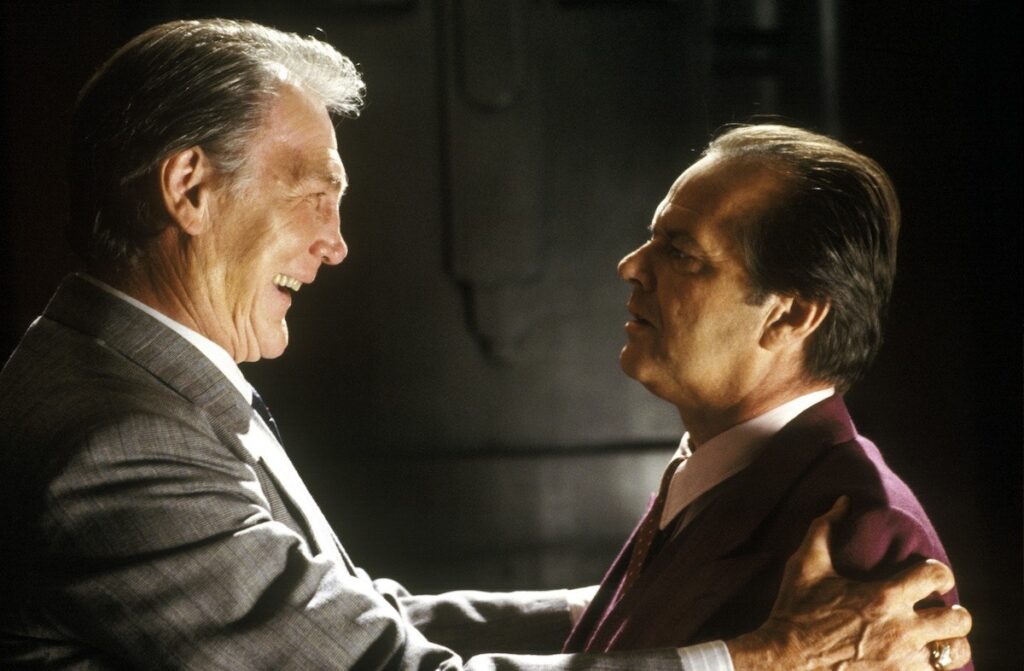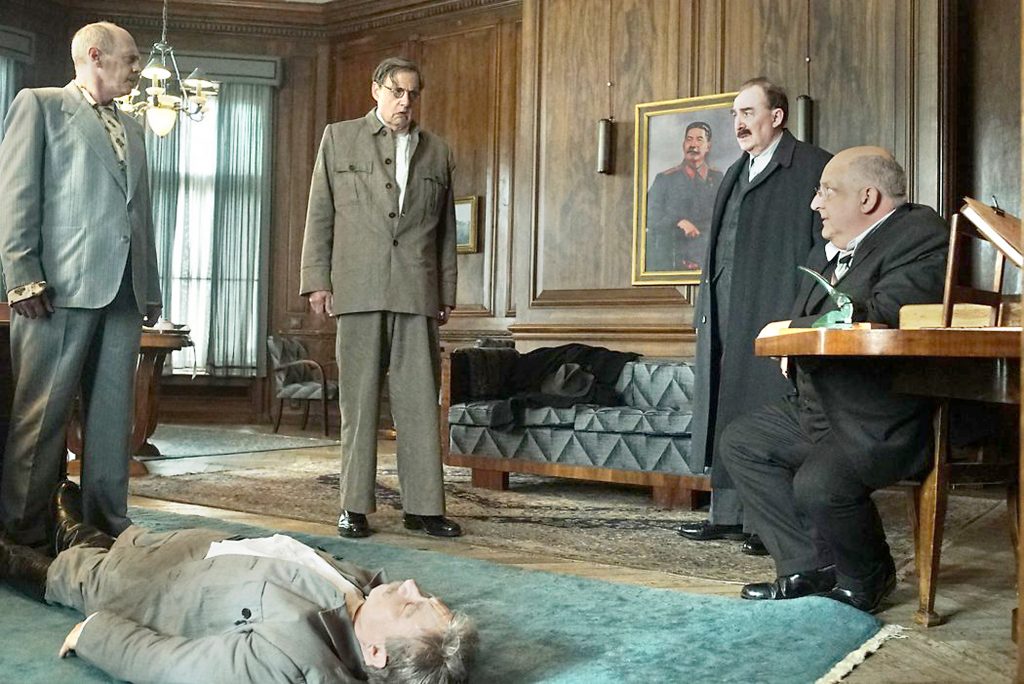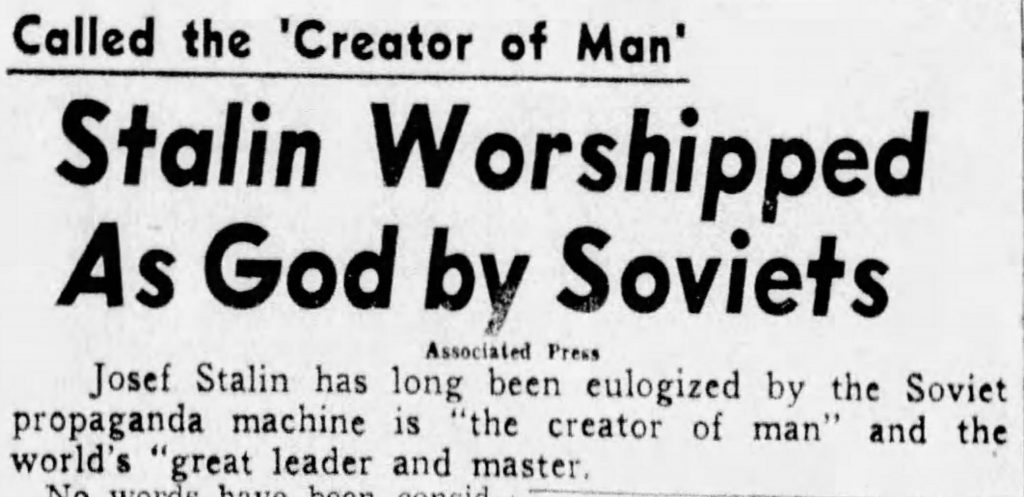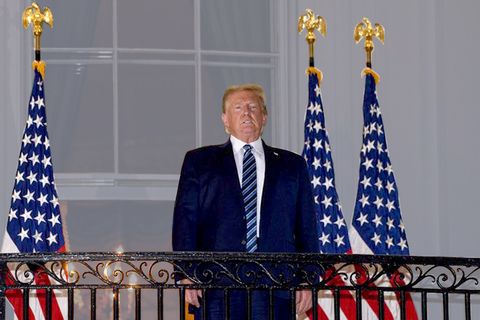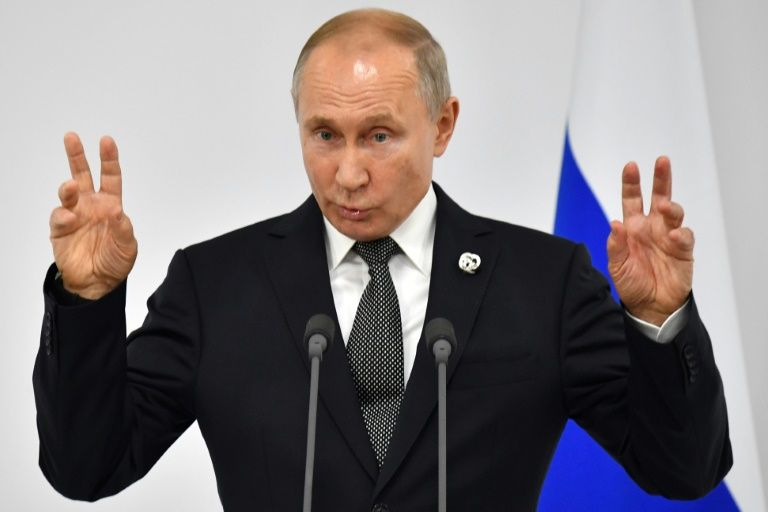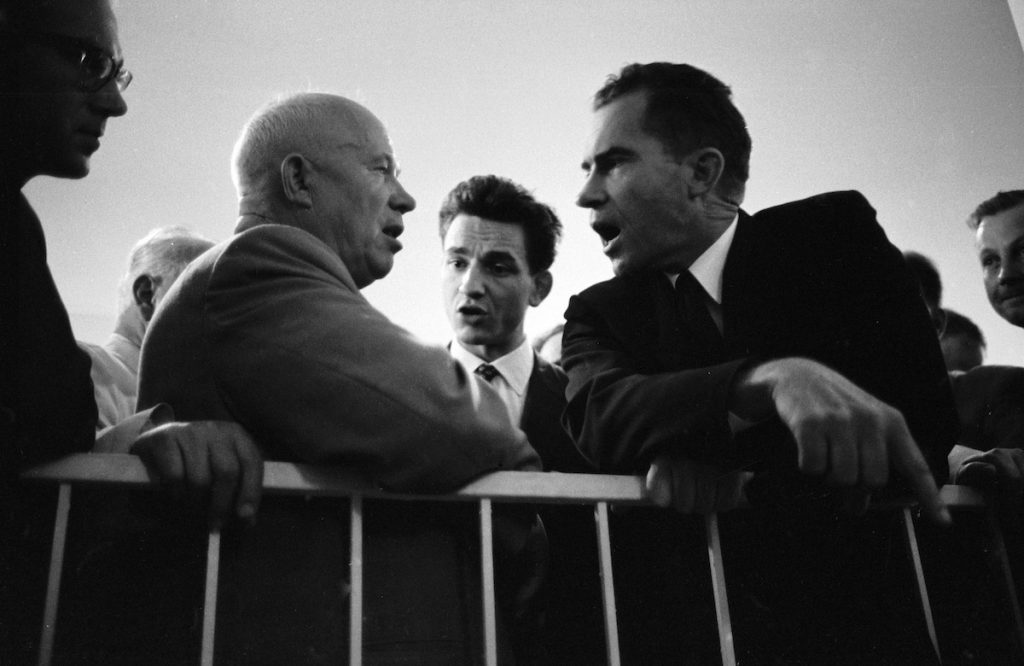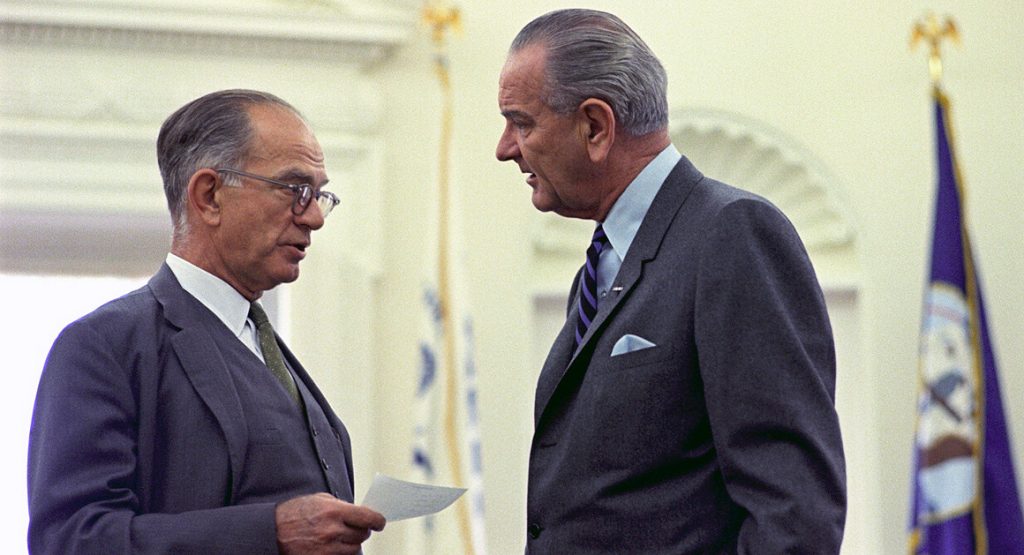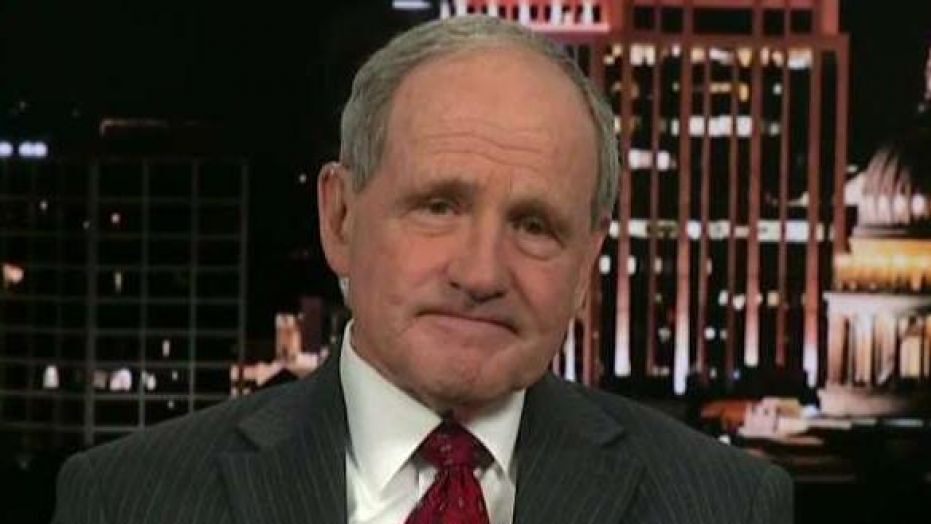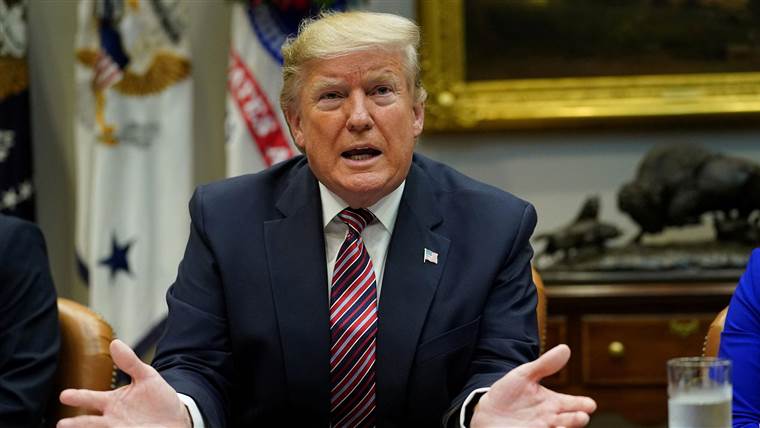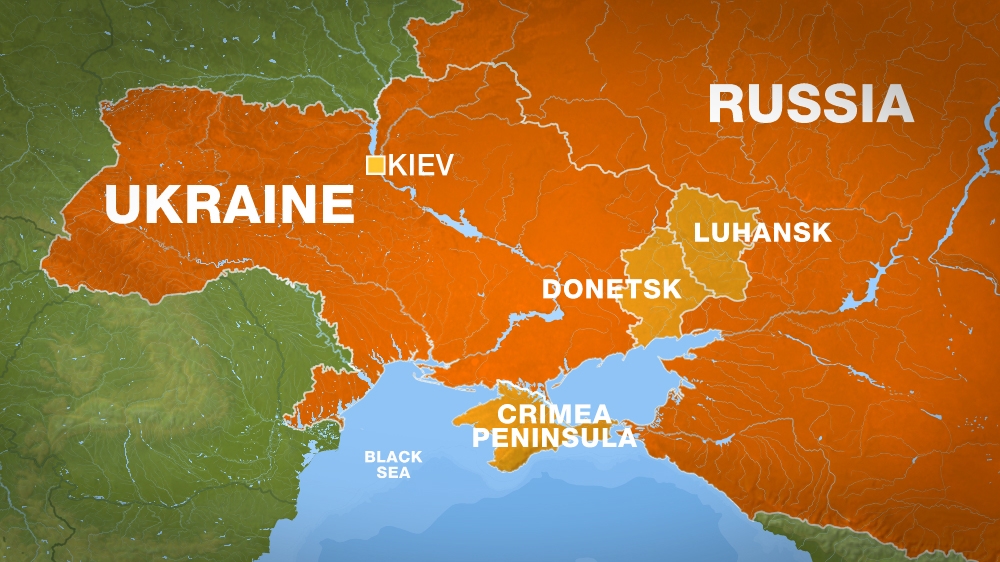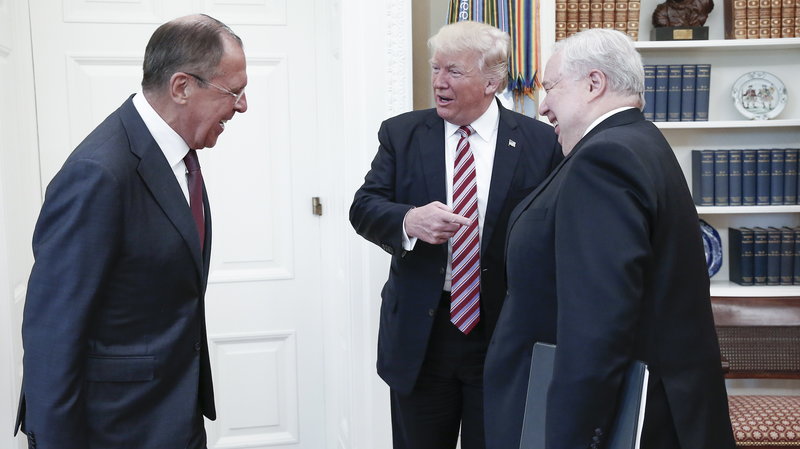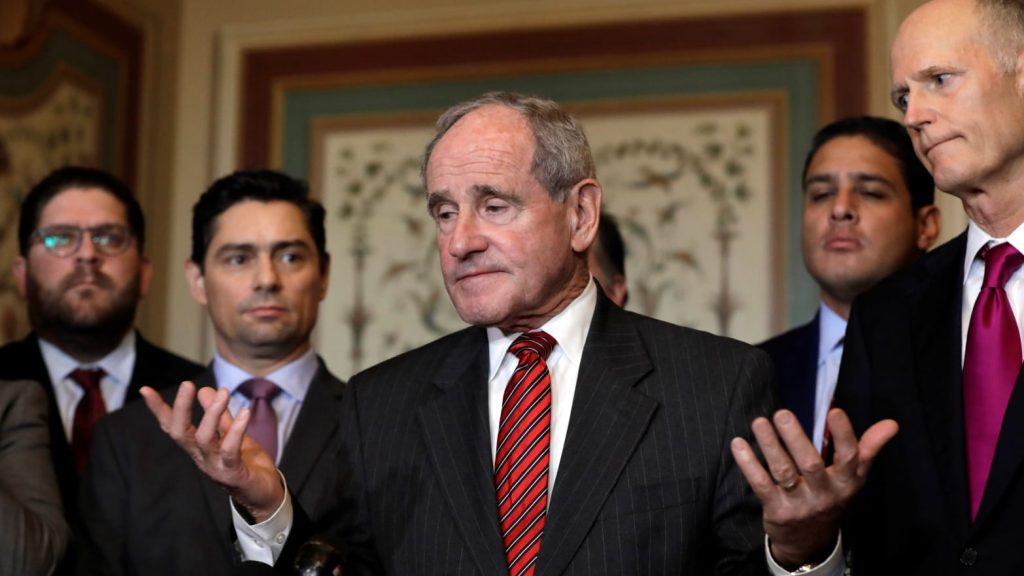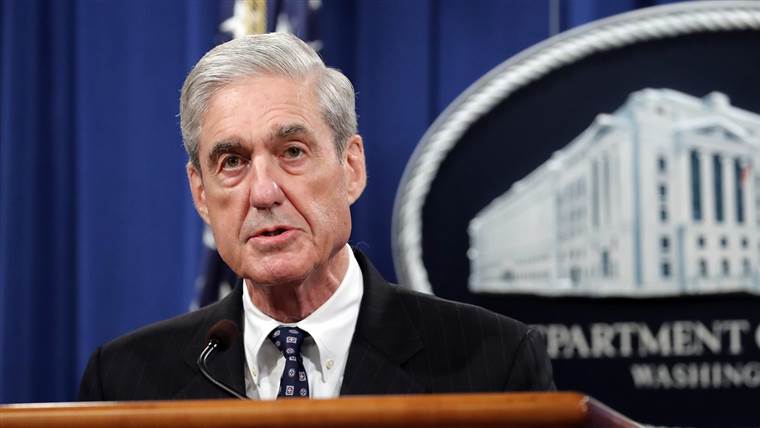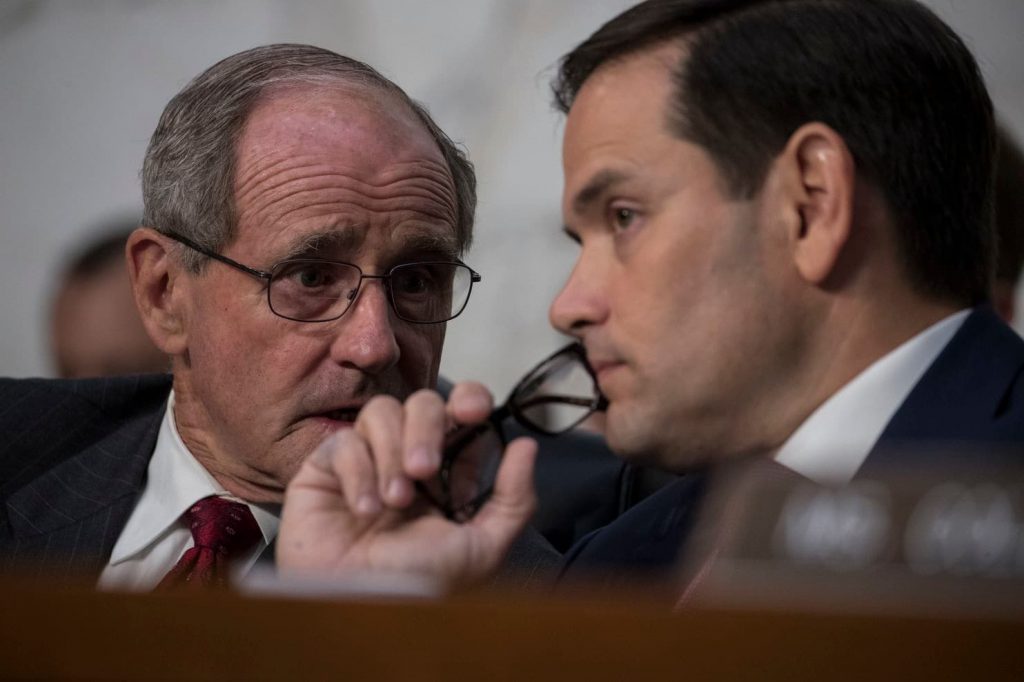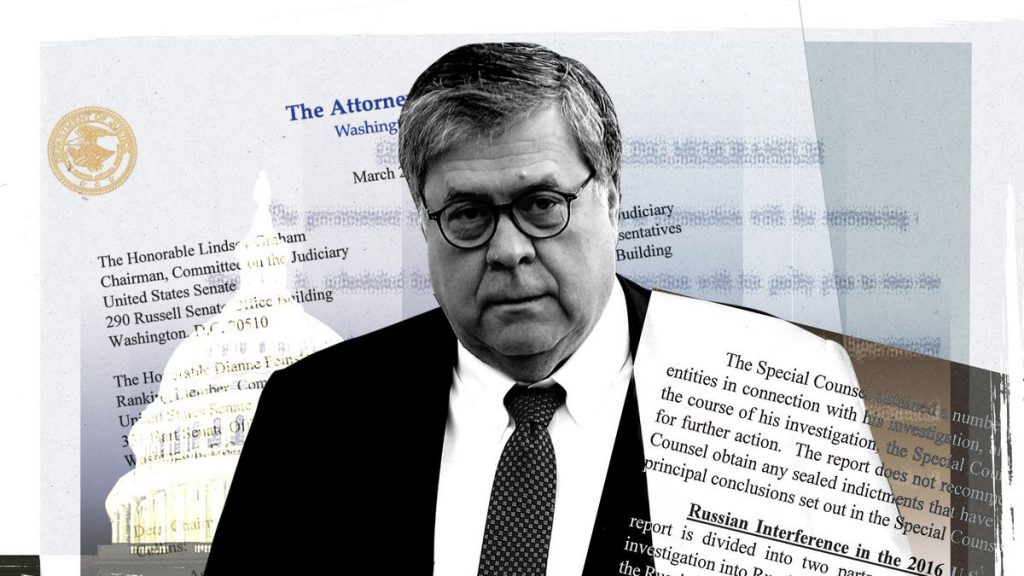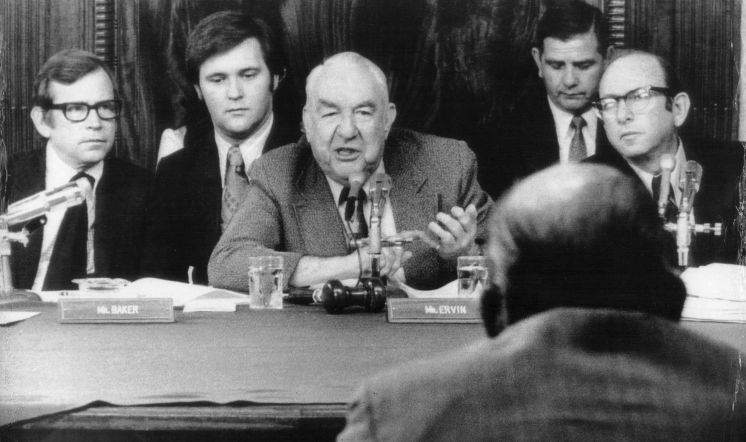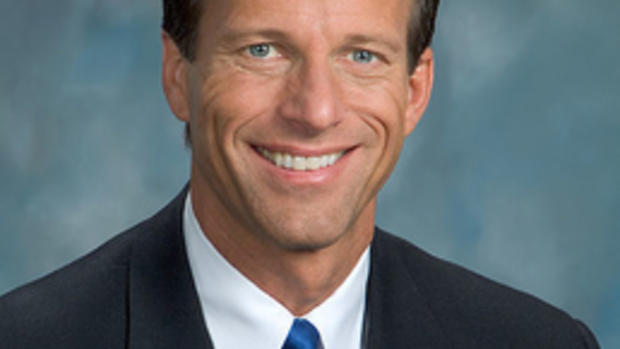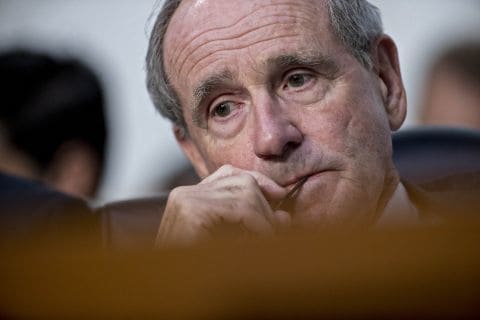Vladimir Putin’s criminally deadly war on Ukraine provides huge warnings to the democratic world about what happens when an entire population becomes captive to a thuggish authoritarian who lies with the kind of ease that most of us associate with taking the next breath.
Putin has been in power for 22 years, having successfully looted the country to enrich himself and a handful of his billionaire cronies, he now owns something even more valuable – the minds of most Russians. This ownership of public opinion appears so complete that Putin can transform the reality of his brutal invasion into a narrative that claims Ukrainians are the aggressors. The dead of Mariupol or Kharvik are, in Putin’s world, the “Nazis” threatening Mother Russia rather than the other way round.

We are witnessing a profound, real-time display of the power of misinformation, lies, hypocrisy and deception that truly is a warning as much as it is a tragedy.
It has been impossible this week to miss the horrific pictures and extensive first-hand reporting from Bucha, the Kiev suburb destroyed by Putin’s genocidal army. Yet, Putin and his henchmen have dismissed the images as propaganda. It’s an old, tired and disgusting tactic.
As the Associated Press has noted: “Denouncing news as fake or spreading false reports to sow confusion and undermine its adversaries are tactics that Moscow has used for years and refined with the advent of social media in places like Syria.”
Russian television, a veritable Fox News of lies and distortion and totally controlled by Putin, dishes a daily misinformation diet to people who have been lied to for so long that many have given up trying to ascertain the truth. While it would be foolish to put much faith in public opinion polling emanating from a country so thoroughly brainwashed, it appears most Russians, without ready access to independent reporting about the war, believe the lies pushed by the former KGB agent who is responsible for this madness.
Here’s how this disinformation reality connects to domestic politics, and the clear and present danger it presents to American democracy. For a decade or more the politics of the United States have been swamped by a deluge of lies with much of the lying amplified by people in high places and by cynical and manipulative media figures. Where to start?
The lies about Barack Obama’s birth certificate. The lies about school shootings being “false flag” operations. The lies about a pedophile ring operating from a Washington, D.C. pizza parlor. The lies about a presidential election being stolen.
The purpose of all this lying is, of course, to fuel grievance – make people mad – but also to confuse. Is there really a world-wide child sex abuse network, as QAnon has claimed? Did presidential election ballots disappear in Michigan? Was Covid-19 a Chinese communist plot?
The confusion has worked. The lies have penetrated deeply into the political world. A December opinion poll “found that 17 percent of Americans believed that the core falsehood of QAnon – that ‘a group of Satan-worshiping elites who run a child sex ring are trying to control our politics and media’ – was true.”
This helps explain, indeed may explain in its entirety, why a handful of the most craven Republican members of Congress verbally assaulted Judge Ketanji Brown Jackson at her Supreme Court confirmation hearing over the lie, advanced by Missouri Senator Josh Hawley, that Jackson’s jurisprudence might “endanger children.”
Hawley’s nonsense was immediately rejected by a review of the facts of Judge Jackson’s record, but as Georgetown professor Donald Moynihan pointed out in the Washington Post the allegation was never about facts. “The goal,” Moynihan wrote, “was to portray Jackson, and by extension Democrats, as players in the QAnon narrative that public institutions are overrun with child predators.” This line was immediately advanced by Ted Cruz, Lindsey Graham, Tom Cotton and Marsha Blackburn, each clearly vying for the title of worst United States senator in the modern era.
The child predator narrative has become so prevalent among the fact-free alt right that when Utah Republican Mitt Romney said he would vote to confirm Jackson to the high court he was attacked online, an assault barely short of accusing the former Republican presidential candidate – a Mormon in good standing – of being soft on child abusers.
The disinformation – the lies – have become so prevalent that it is nearly impossible to keep track, and that is another aspect of what one-time Donald Trump “strategist” Steve Bannon infamously called “flooding the zone with shit.” This is the fatigue of confusion. Putin has mastered this, and Trump has long mimicked the man he called a “genius” for invading Ukraine. And it has worked, especially in this deadly moment for Putin who increasingly can count on a pro-Putin wing of the GOP to spread his lies.
From Tucker Carlson, the Russian propaganda peddling Fox News star, to 63 House Republicans – including Idaho’s Russ Fulcher and Montana’s Matt Rosendale – who voted this week against a resolution of support for continuing U.S. engagement with NATO, Putin’s disinformation has broadly entered the country’s conservative political bloodstream.
Altogether, as Will Saletan noted in The Bulwark, 21 Republicans have opposed, or sought to constrain, aid to Ukraine or sanctions on Russia. “That’s a group three times the size of ‘the Squad,’ which Republicans claim is in control of every aspect of Democratic policy. Imagine how much power those 21 Republicans would wield in a GOP-controlled House.” And lest we forget a former and potentially future American president has been his willing accomplice, while once responsible members of the Republican Party have aided and abetted his repeated lying.
“Disinformation is the story of our age,” says The Atlantic’s Jeffrey Goldberg. I would take the observation a bit farther. It seems entirely possible that we are living in the advanced stages of a Putin-like capture of millions of American minds; minds filled with mush and grotesque nonsense, the kind of rank garbage that poisons democracy.
But who is really to blame for this softening of American minds? And is what we are experiencing really any different than the John Birch Society’s communist under every bed conspiracy of the 1950’s or who killed JFK narratives that have never ended?
The answer is a definitive – yes. This is different. An entire political party has willingly permitted this to ripen and grow rancid. That party, preparing to regain control of Congress this year, has proven beyond any doubt it will use disinformation to not only discredit its opponents, but delegitimize democratic institutions, including courts and elections.
As for who is to blame – we are, all of us. While we’ve been busy with the myriad distractions and trivialities of modern life, we allowed our democratic system to crumble into terrible disrepair, electing unserious, craven people and acting as though truth and character no longer matter.
While hundreds of thousands of Ukrainians fight for their lives and their democracy, we can’t bring ourselves to discard the liars who threaten ours.
—–0—–
More Reading:
My “carefully” curated selections that just might be of interest …
Baseball’s Labor Wars
Well, there was some good news this week. Baseball is back, but perhaps with an asterisk.

“Today, twenty-four of baseball’s thirty owners are billionaires. Many inherited their wealth or made it in other sectors, such as real estate, banking and finance, and communications. Almost all of them have seen their wealth increase during the pandemic. The wealthiest among them, Mets owner Steve Cohen, built his fortune in the hedge fund industry. Since 2020, his net worth has increased from $13.9 billion to $15.9 billion.
“Total MLB revenues grew from $9.5 billion in 2015 to $10.7 billion in 2019. Even though the pandemic emptied the ballparks in 2020, revenues recovered to pre-pandemic levels in 2021.”
A good historical assessment of players and owners. Enjoy the games – I will – but there is always a backstory.
How did cockroaches survive the asteroid that led to the extinction of dinosaurs?
Turns out the pesky cockroach survived the meteor that killed the dinosaurs. Who knew?
“How could roaches a couple of inches long survive when so many powerful animals went extinct? It turns out that they were nicely equipped to live through a meteoric catastrophe.”
Sugar Daddy of the Right
Turns out the founder of the John Birch Society – the wacky rightwing outfit is enjoying a new moment of relevance – also invented the Sugar Daddy candy.
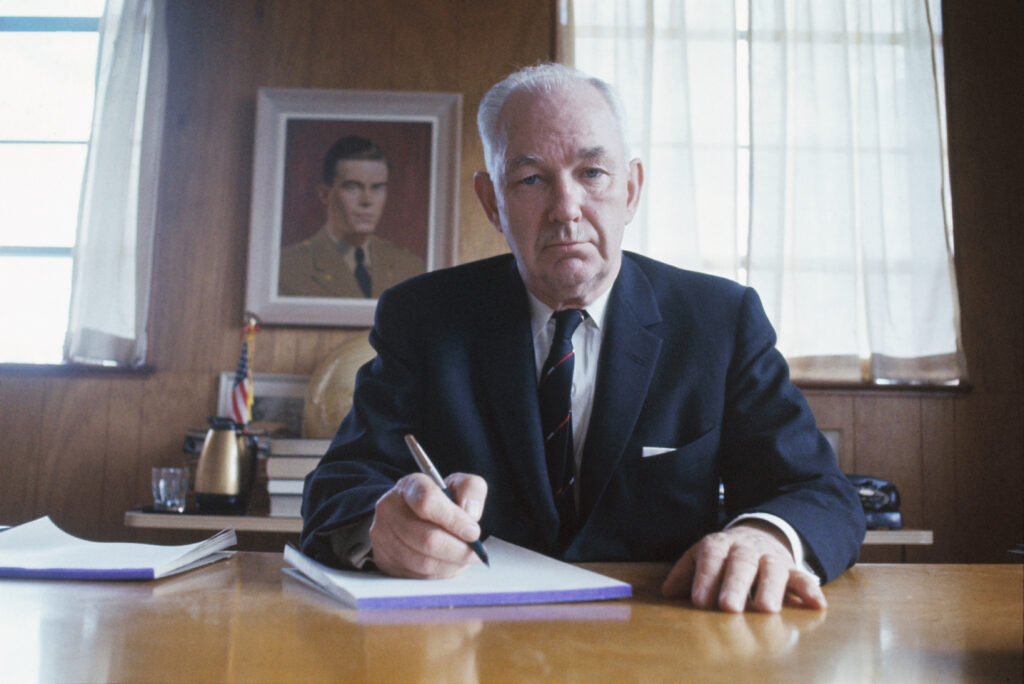
I’ve been reading the new bio of Robert Welch by Edward H. Miller. It’s good.
“The mid-20th-century United States was a place where Robert W. Welch Jr., a bankrupted candy manufacturer and inventor of the Sugar Daddy lollipop, could found a national organization that would leave a conspiratorial imprint on modern conservatism — planting the seeds for today’s fever dreams.”
As I said, there is always a backstory. A review of Miller’s book.
Thanks for reading. Defend democracy. It really is under attack.

